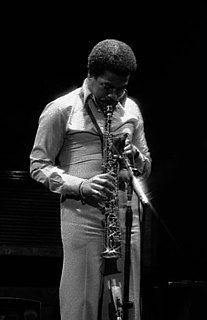A Quote by Marcel Wanders
You can go to any second-hand store and get an amazing piece - I have pieces from flea markets at home. You don't need to buy throwaway furniture.
Related Quotes
I noticed that I used to go to second hand shops and flea markets and find funny, cute things, but now I go into those stores, and I think, This is dead people's stuff. This is all, like, somebody cleaned out their parents' house, and I don't want any of it. If I didn't want it from my parents, I don't want it from your parents.
When we moved to England in 1986, I was ten years old and I didn't know anything about punk or hip hop. The only words I knew in English were 'dance' and 'Michael Jackson.' We got put in a flat in Mitchum, and the council gave us second hand furniture, second hand clothes and a second hand radio that I took to bed with me every night.







































